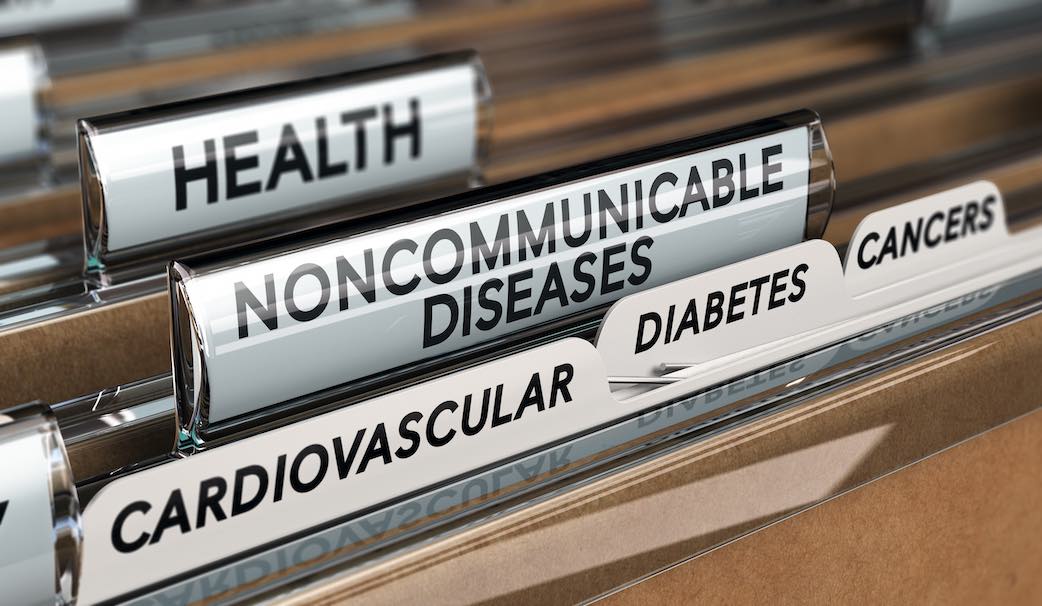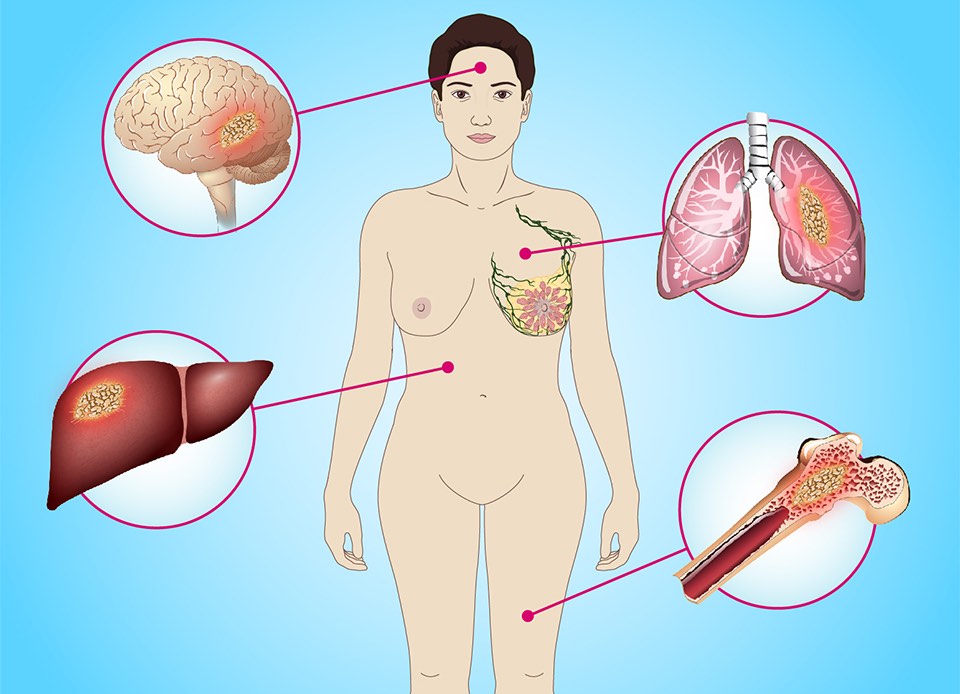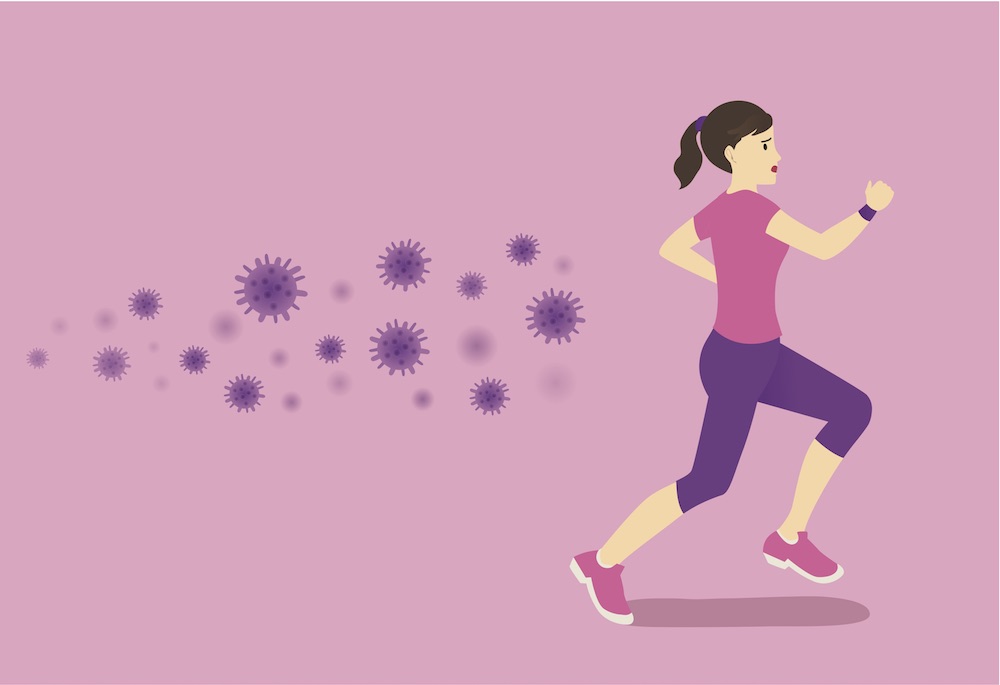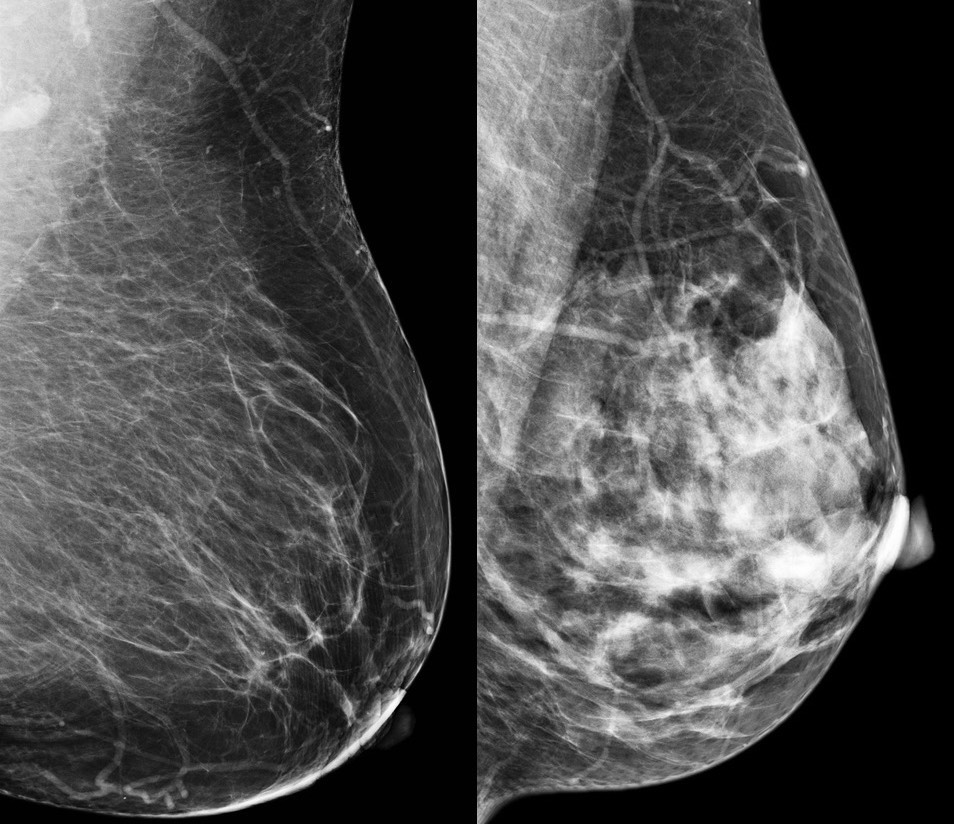News
Cancer could overtake cardiovascular disease as leading cause of death in type 2 diabetes
Mortality from cancer has increased among older people with type 2 diabetes. The UK cohort study, published in Diabetologica, 24 January, found people with type 2 diabetes were at particular risk of mortality from colorectal, pancreatic, liver and endometrial cancers.…
Study highlights need to reanalyse genomics and genetics of metastatic tumours
Around one third of breast cancer patients showed molecular subtype shifts (especially involving luminal cancers) between their primary and metastatic tumours. The study, published in Nature Cancer, on December 30th, also revealed the presence of fewer immune cells in triple-negative…
Current cervical cancer screening paradigm fails older women
Nearly one in five new cervical cancers diagnosed between 2009 and 2018 were in women aged 65 years and over. The US study, published in Cancer Epidemiology, Biomarkers and Prevention, January 9, demonstrates that relative to younger women, those aged…
Call-to-arms for Europe to provide essential paediatric anti-cancer medicines
A European Society for Paediatric Oncology (SIOPE) project has defined 66 anticancer medicines considered essential for treatment of children with cancer. The study, published in The Lancet Oncology, 23 December 2022, represents the first pan-European effort to systematically analyse the…
Exercise-stimulated myokine production can extend survival in advanced prostate cancer
After a bout of high-intensity interval training, men with advanced prostate cancer showed acute elevations of anti-cancer myokines in their serum. The study, published in Prostate Cancer and Prostatic Diseases, (29 November 2022), then demonstrated growth suppression of prostate cancer…
Five San Antonio take-aways to improve care of breast cancer patients
The 2022 San Antonio Breast Cancer Symposium, hosted in association with the American Association for Cancer Research (AACR), was held December 6–10, 2022. More than 8,000 researchers, clinicians, students, and patient advocates from 90 countries attended the meeting, which focused…
Repurposed drug combination reduces risk of recurrence following surgery for colorectal cancer
Pharmacological suppression of adrenergic and inflammatory signalling using readily available drugs to lower blood pressure and reduce anxiety decreased the risk of post-surgical colorectal cancer (CRC) recurrence. The pilot COMPIT study, published in the European Journal of Surgical Oncology, 6…
Aerobic activity to outcompete metastasis
Aerobic exercise can reduce the risk of developing metastatic cancer by 73%. Using both human epidemiological data and in vivo mouse models of melanoma metastasis, Israeli investigators report in Cancer Research (November 15) that high-intensity aerobic exercise increases glucose consumption…
Ending cancer inequalities: European summit showcases new tools to inform policy
Two ambitious data initiatives aimed at tracking a wide range of inequalities that contribute to big differences in the risk of dying from cancer were highlighted in the opening session of the 2022 European Cancer Summit, held in Brussels, November…
Biological differences revealed between dense and nondense breast tissue
Postmenopausal women with dense breast tissue compared to women of the same age who do not have dense tissue demonstrate upregulation of 124 proteins which may be responsible for creating pro-tumorigenic microenvironments. The study, published in the British Journal of…










